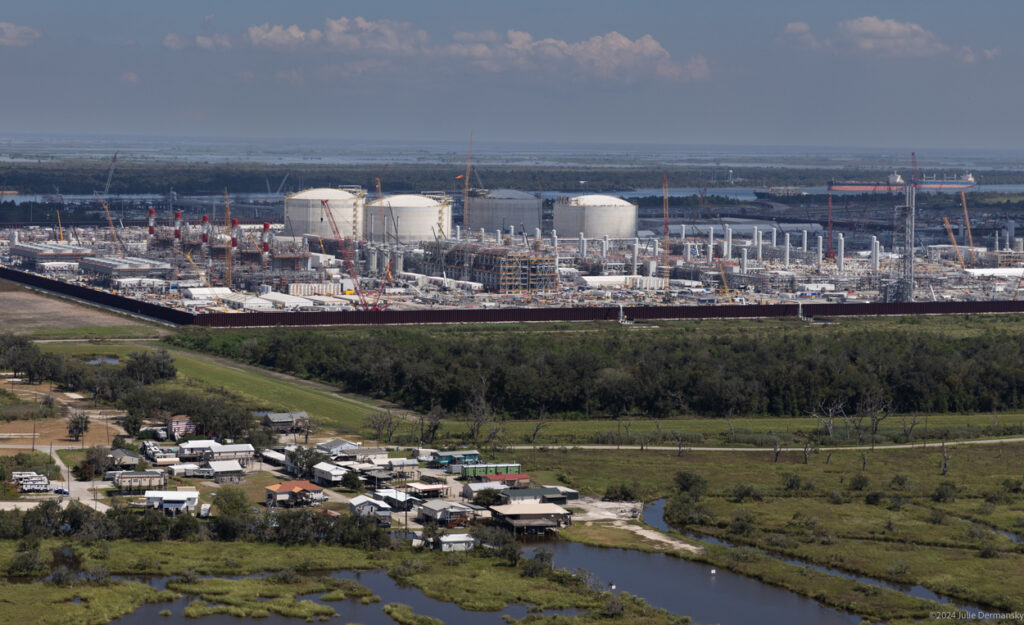If our goal is to do something about the ever-growing problem of climate change denial, I believe we must first understand it—its forms, its motivations, its arguments.
That’s why I recoil every time I hear the argument—made over the weekend in the New York Times magazine by Judith Warner—that science denial used to be a left wing thing, centered on the so-called “postmodernists” of academia, but now things have flipped. Now it’s located on the right—witness climate denial. Or as Warner puts it:
That taking on the scientific establishment has become a favored activity of the right is quite a turnabout. After all, questioning accepted fact, revealing the myths and politics behind established certainties, is a tactic straight out of the left-wing playbook. In the 1960s and 1970s, the push back against scientific authority brought us the patients’ rights movement and was a key component of women’s rights activism. That questioning of authority veered in a more radical direction in the academy in the late 1980s and early 1990s, when left-wing scholars doing “science studies” increasingly began taking on the very idea of scientific truth.
This analysis is so wrong that one barely knows how to begin.
First, the idea that conservatives would be strongly influenced by the abstruse arguments and wordplay of left wing academia doesn’t make any sense. Do we not recall that starting in the 1970s, conservatives created an armada of ideological think tanks—including many think tanks that now dispute climate change—precisely so as to create their own echo chamber of “expertise” outside of academia? To them, 1990s postmodernism would be the quintessential example of effete academic uselessness.
But that’s not even the biggest objection to Warner’s line of thinking. The biggest objection is that climate change deniers do not look, behave, or sound postmodern in any meaningful sense of the term.
As Warner herself recognizes, if postmodernism has any central theme (in relation to science) it is problematizing the idea that there is something called scientific “truth” that can be objectively discerned. The insights of “science studies” were thus deployed in order to show that scientists are quite subjective in how they do things, frequently engaging in personal battles and clinging to ideas that they should let go; that broader cultural and societal trends color allegedly objective scientific discoveries (is it a coincidence that the phrase “survival of the fittest” was coined at a time of ruthless capitalism and imperialism in the British empire?); that scientists sometimes ignore or sneer at local or indigenous forms of knowledge that actually offer key insights about the way the world works (as in the story of the Cumbrian sheep farmers following Chernobyl); and so forth.
These are all valid insights. The trouble is that some more radical left wing thinkers appeared (for it was always hard to tell how much of it was mere scholarly flirtation and provocation) to take them an extreme, suggesting that science might not really be our road to truth. But that doesn’t follow at all from the insights of science studies. It’s one thing to ask that we more realistically understand how scientists behave, and note some of their shortcomings; it’s something else again to say that science isn’t the best method, in the long term, for figuring out how the world works. Of course it is—despite individual scientists’ shortcomings.
In any event, the idea that science is the embodiment of “truth” is something with which climate deniers blithely agree. They think that they are right and that the scientific consensus about global warming is wrong–objectively. They’re not out there questioning whether science is the best way of getting at the truth; they’re out there talking as though their scientists know the truth.
Can you picture James Inhofe citing Derrida or Foucault? The very idea is comical.
Frankly, if climate deniers were more conversant with science studies, I have to believe that they would feel a lot less sure of themselves—and they would never have been able to make such a big fuss about “ClimateGate.” “ClimateGate” is the quintessential example of scientists showing, through their private emails, that they’re people too; that they have passions and feelings, that they say things they shouldn’t and make mistakes. No shock at all to people in “science studies,” who can tell you the same thing about, say, the private writings of Isaac Newton.
Much of the reaction to “ClimateGate,” on the part of both science deniers and the general public, was characterized by a naïve view of science which expects researchers to be rigorously objective at all times—almost like robots. You’re only likely to be shocked to find scientists behaving like ordinary people in their emails if you’ve been wrongly led to think they’re somehow not like ordinary people.
Similarly, I don’t think climate change deniers would be so willing to discard a global scientific consensus, based on the views of a handful of scientists who disagree with it, if they actually paid attention to science studies. For many of these dissenting “skeptic” scientists of course have agendas of their own, rivalries with scientists in the “mainstream,” and so on. What on earth makes them so trustworthy, so objective?
If anything, the insights of science studies, properly applied, ought to make us more confident than ever that we should trust modern climate science. After all, do you know how hard it is to achieve a global scientific consensus when every scientist can gain fame and fortune by upsetting or undermining it–and when scientists very much desire fame and career advancement?
If anything, climate change deniers are pretty oblivious to what we’ve learned from science studies–which is yet another reason to be very skeptical of what they’re saying.
Subscribe to our newsletter
Stay up to date with DeSmog news and alerts







